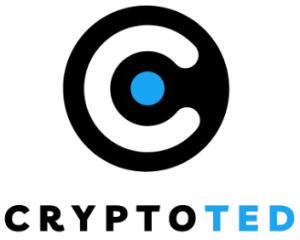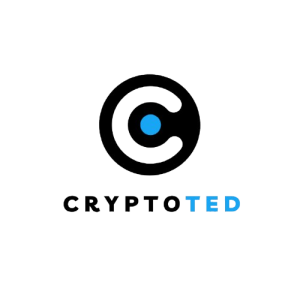
Oobit’s new DePay layer lets users spend crypto directly from wallets like MetaMask and SafePal, no custodial cards or top-ups required. Payments are settled on-chain and accepted by more than 150 million Visa and Mastercard merchants worldwide.
Summary
- Oobit launched DePay, a wallet-agnostic payment layer enabling direct crypto spending from self-custody wallets.
- The system connects on-chain payments to Visa and Mastercard rails, allowing acceptance at over 150 million merchants globally.
- Already live in high stablecoin adoption markets, DePay currently supports ERC-20 tokens with plans for multi-chain expansion.
According to a press release shared with crypto.news on Oct. 8, Oobit has deployed a decentralized payment layer, dubbed DePay, which functions as a wallet-agnostic bridge to the Visa network.
Oobit said the technology allows users to connect multiple self-custody wallets simultaneously, with initial support for MetaMask, Zerion, and SafePal. At the point of sale, a smart contract executes a gasless, on-chain transaction, pulling funds directly from the user’s wallet only after the payment is authorized, eliminating the need for a pre-funded, custodial intermediary account.
Why Oobit’s DePay matters for crypto payments
Per the statement, Oobit aims to tackle what many in the industry call the “liquidity paradox” of self-custody. While billions in assets are held in wallets like MetaMask, that value has been largely inaccessible for daily commerce without first moving funds through a centralized gateway, reintroducing custodial risk and friction. DePay is designed to dismantle that barrier.
“Billions of dollars sit idle in self-custody wallets every day,” Oobit CEO Amram Adar said. “DePay turns them into spendable money. Any wallet, any chain, gasless and instant. This is not just Oobit’s biggest step. It’s the start of stablecoins replacing banks as the way people pay worldwide.”
The vision is powered by a real-time fiat rail that instantly converts on-chain crypto settlements into a format for the legacy financial system. This backend integration with the Visa and Mastercard networks is what enables acceptance at a potential 150 million merchants globally, requiring zero additional setup from the merchants themselves.
To ground its rollout, Oobit said it is targeting markets with established stablecoin adoption. The service is already operational in Brazil, Argentina, South Korea, and the Philippines—regions where USDT is frequently used for remittances and as a hedge against local-currency volatility.
Initially, the platform will support ERC-20 tokens, leveraging the deep liquidity of the Ethereum ecosystem, with a stated roadmap to integrate additional blockchain networks on a monthly basis.
Oobit, a mobile payment app backed by investors including Tether and CMCC Global, has long focused on simplifying crypto transactions. With the DePay layer, the company is pivoting from a closed payment application to an open infrastructure provider. If successful, this move could help wallets evolve from simple storage vaults into engines of global commerce.











